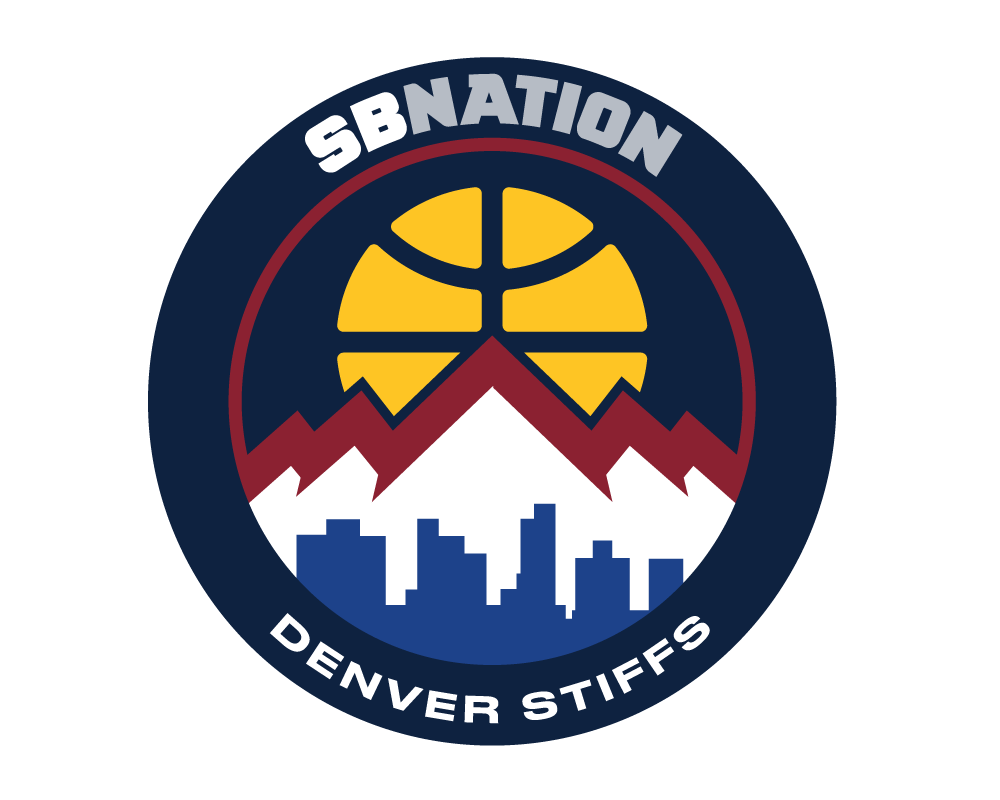/cdn.vox-cdn.com/uploads/chorus_image/image/49953483/usa-today-9180440.0.jpg)
As reported yesterday, Darrell Arthur declined to pick up his player-option and became a free agent.
Darrell Arthur has officially opted out of his contract w/Nuggets - I have a mess of updates to make - he's one https://t.co/O1iZ2R9cOU
— Eric Pincus (@EricPincus) June 24, 2016
This was expected - the going rate for Arthur's skills has jumped immensely with the cap raise and the fact that his contract was a little under market value last year. Arthur likes it in Denver and his deal allowed him to hit the market at a better time, so staying was a shrewd move last year.
The question still remains, though: should Denver re-sign him? It's not an easy thing to answer, so here are some arguments for and against.
For: Arthur is our best post defender. Denver is 4.8 points-per-100-possessions better with him on the floor, and coach Michael Malone raves about his defense and leadership.
Against: Arthur is not big enough to handle the larger power forwards in the game (not to mentions centers) nor quick enough to stay with nimble perimeter wings. His niche is in defending other similarly-sized bench players and the occasional starter, not in taking another team's best front-court player away.
For: The veteran had his best year shooting from behind the arc in his career at 38.5%, and a 3-and-D power forward is a good get at most any price.
Against: The sample size in that three-point-shooting barrage is definitely not big enough to make determinations on (he shot fewer than two a game). Arthur shot 23.6% the previous season in just 7 fewer attempts and his career line of 31.4% makes him just a defender - leave the 3 off the front of his description.
For: Arthur likes it here and will re-sign with us for the right price, unlike a lot of the available free agents who have no vested interest in the team or the city. He's even stated his desire to stay and told the Nuggets he did not wish to be traded at the deadline.
Against: Arthur had the right to refuse to be traded thanks to a quirk in his contract. Denver could not have traded him without his permission whatever they might have wanted to do. And with the projected contract potentially starting around 3 years / $24 millon and moving up closer to $30 million, most any journeyman player could learn to like Denver. That's a nice chunk of change for a player who misses a dozen games a year with knee issues and averages 18 MPG for his career.
For: He fills a niche that no one else on the roster does.
Against: How much is that niche (backup defensive power forward with occasional range) worth?
Even if Denver was able to get Arthur back at a price they found palatable, the Nuggets have a fairly loaded front-court. Nikola Jokic and Jusuf Nurkic are splitting minutes at the 5, Joffrey Lauvergne can log time at either front-court position, Kenneth Faried is still the presumptive starter needing 25 MPG and Denver just drafted Juancho Hernangomez who may come Stateside this year. That list does not include either Danilo Gallinari or Wilson Chandler, both of whom can play the 4 in small-ball lineups.
A shortage of bodies is not the issue for Denver. Getting the right mix of bodies is the next task for GM Tim Connelly and his staff. Darrell Arthur rates well in things like Real Plus-Minus and is a nice steadying influence for all those young players. He is happy in Denver and provides a useful piece for Malone's mix-and-match needs.
He will definitely cost Denver if the Nuggets wish to retain his services. If Connelly completes a consolidation trade that moves some of Denver's redundant pieces, Arthur may be the perfect player to fit the reshaped roster. If the Nuggets cannot find the right trade, they simply may have no room at the inn for Darrell Arthur, however nice the fit might be.
